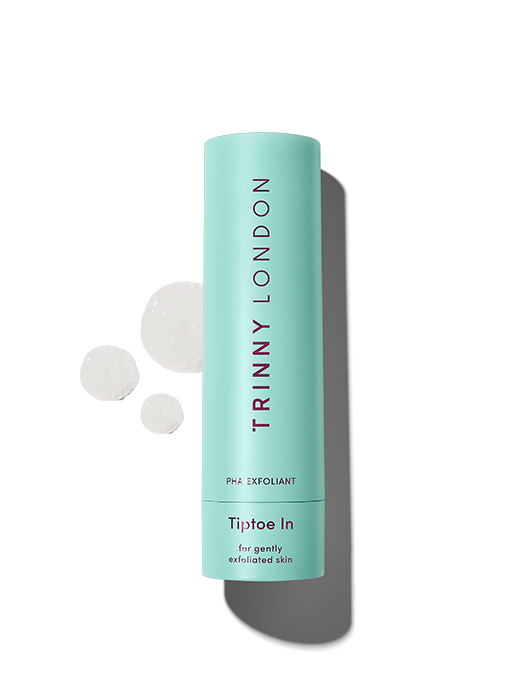
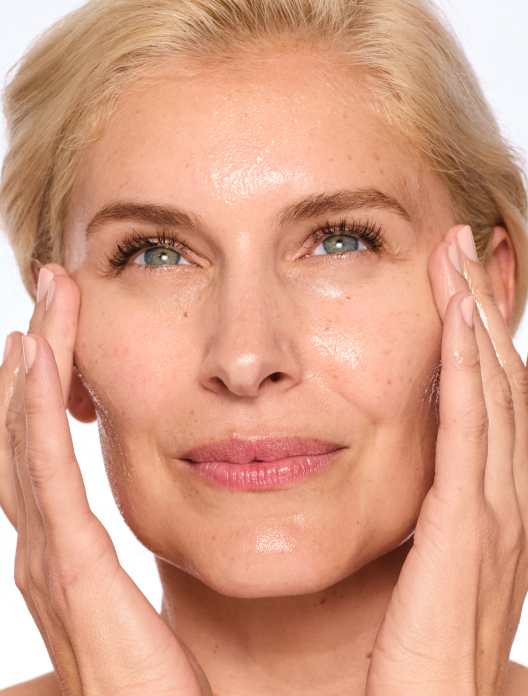
Tiptoe In
Kind-to-skin exfoliant for radiant skin, suitable for all skin types

When we’re stressed, levels of the hormone cortisol start to spike. The body reacts as if it’s under threat from predators (just as our ancestors were), prioritising sending oxygen and blood to our vital organs. On paper, an impending work deadline might not be as threatening as an attack from a saber-toothed tiger, but our bodies don’t see it this way. So, with our organs getting first dibs on all the good stuff, there’s very little left for our skin. Hence why what’s happening on the inside is mirrored outside.
Physical and mental health, and therefore stress and the skin, are intrinsically linked. Think of it like a circle of dominoes: once one piece begins to fall, everything around it collapses too.
If we’re stressed, our mood, sleep pattern and diet are all affected. It’s impossible to get a full eight hours if you’re burning the candle at both ends, and anxiety can lead to insomnia. If you’re tired, you’re more likely to crave comforting convenience carbs over healthy, nutrient-packed dinners. Caffeine becomes necessary fuel instead of a treat, a glass of wine replaces yoga as a way to unwind and drinking the recommended eight glasses of water a day becomes a laughable feat.
It’s not long before the physical signifiers of a stressful lifestyle begin to show in the form of hunched shoulders, a tensed jawline and an unhappy complexion. And the more prominent these become, the more they can affect our self esteem. Skin concerns like extreme dryness and relentless breakouts can impact our confidence, which in turn makes us feel stressed. The dominoes have well and truly fallen, and the cycle continues all over again.
With fewer supplies to work with when we’re stressed, our skin struggles to perform its basic functions. It’s less able to defend itself from external stressors like pollution and wound healing slows. Think of it like trying to do an office job without a laptop or a chair – productivity dwindles without the right equipment.
Eating well, getting a solid eight hours of shut eye and maintaining a good work-life balance will help to manage stress, but we know that realistically it’s not always possible to achieve this golden hat-trick at once. So, we’ve broken down the most common signs of stressed skin and how to treat them…
Cell turnover naturally slows as we age, but periods of stress can reduce the pace even further. With dead skin cells building up on the surface of our complexions, skin loses its luminosity and can appear dull and dreary. Picture it like a piece of marble that has been allowed to gather dust. Retinoids can speed up cell turnover, while liquid exfoliants including alpha-hydroxy and poly-hydroxy acids do a brilliant job of whisking old, tired skin cells away.
Breakouts across the jawline are a tell-tale sign of an poor gut health, which is, you guessed it, also linked to stress. Poor diet and internal inflammation can cause our bellies to become unbalanced. If you’re not already taking one, introduce a probiotic to your diet to keep your gut bacteria happy and watch your skin reap the rewards.
There are a number of different factors that lead to an increase in the worsening of spots when stressed, one of which could be as cortisol triggers excess oil production. And the more sebum on your skin, the more likely it is to block your pores. Salicylic acid, a beta-hydroxy acid, is oil-soluble, meaning it can dive into pores to clear out any potential blockages.
Ok, here’s the bad news. Living a high-stress lifestyle can actually make you look older than you are. Cortisol breaks down collagen, the protein that gives skin its structure and bounce. As collagen levels dwindle, skin becomes less elastic, with fine lines and wrinkles more pronounced.
Neurophroline™, which you can find in our BFF De-Stress, comes in handy here as it helps to deal with the ageing effects of stress on the skin. Retinal also has an important role to play here, helping skin to behave more like its younger self.
Finally, repeated facial motions can cause wrinkles. If you’re stressed or unhappy, you’re more likely to furrow your brow, accelerating the appearance of frown lines and crow’s feet. Try to consciously soften your features throughout the day, turning that frown upside down.
There are a number of reasons why your skin might feel dry, tight or feel flaky when you’re stressed or busy. First up, drinking too much caffeine or alcohol. Both have a habit of being more frequent treats during difficult times and are diuretics, which can dehydrate your body.
Next, there’s the problem of a compromised skin barrier. When we’re stressed, our skin is less able to defend itself, meaning essential moisture can escape. Picture it like a collider vs a bowl, with water seeping through the cracks. Using a comforting moisturiser will help support the barrier by sealing in hydration.
Finally, stress can suppress the production of hyaluronic acid. Without it, skin is like a dried sponge: flat, dry and with amplified fine lines. Apply hyaluronic in a topical serum, and skin suddenly has its bounce back. The ultimate quick fix.
Shop the article


Kind-to-skin exfoliant for radiant skin, suitable for all skin types
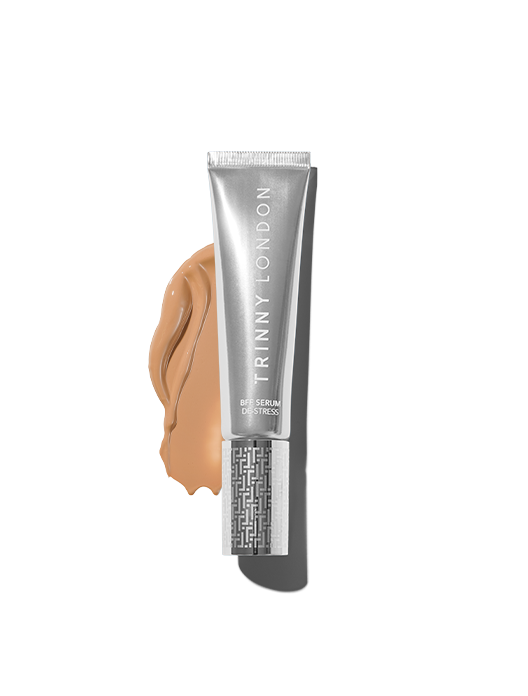
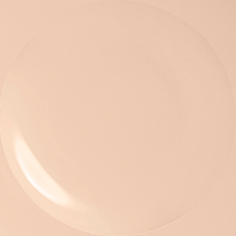
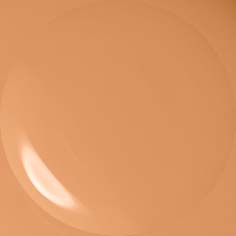
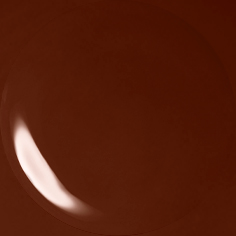 12 shades
12 shades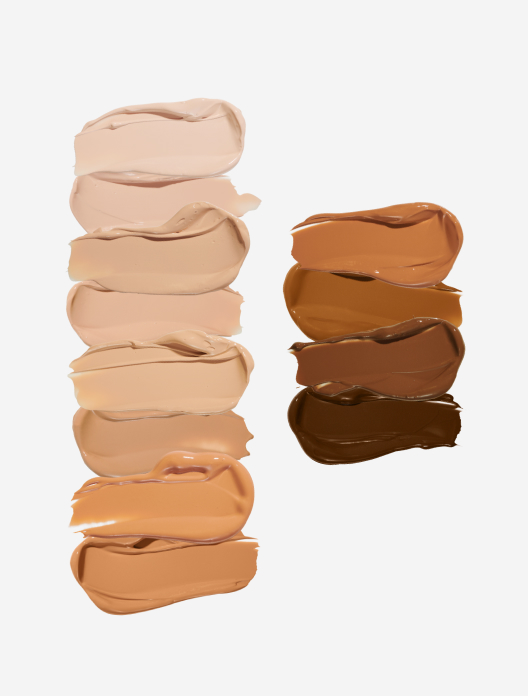
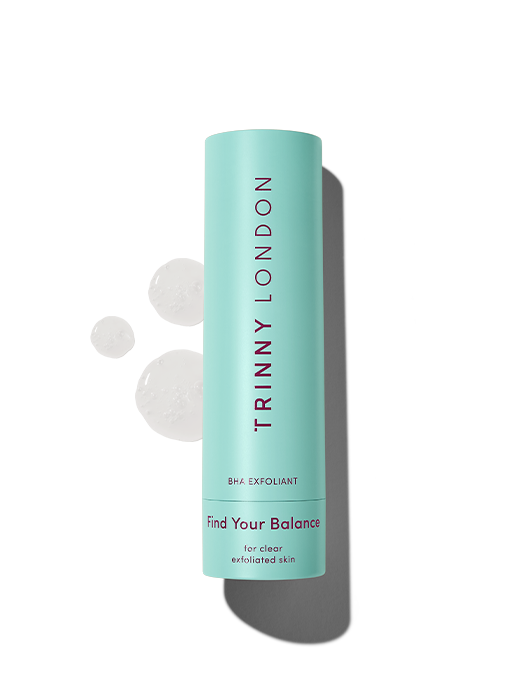
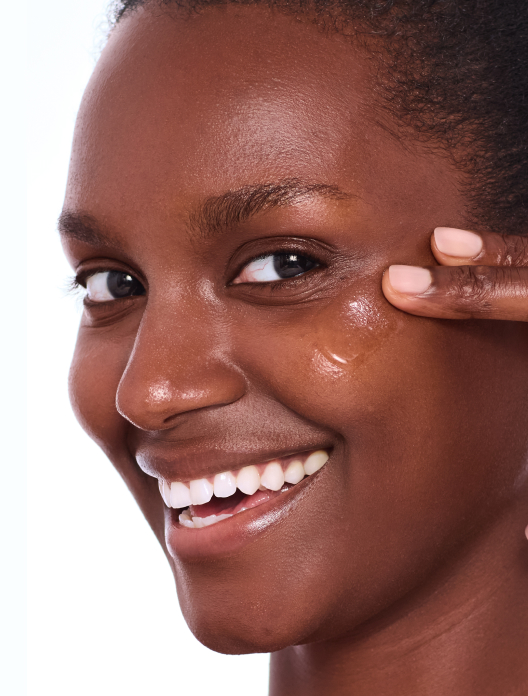
Clarifying complex to tackle blemishes
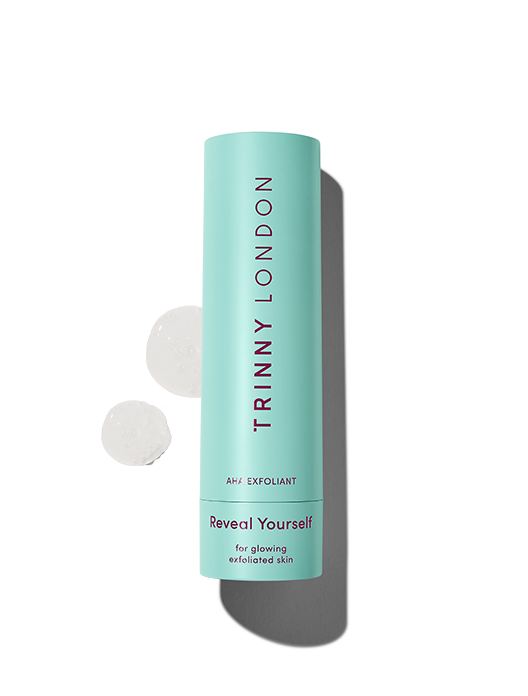
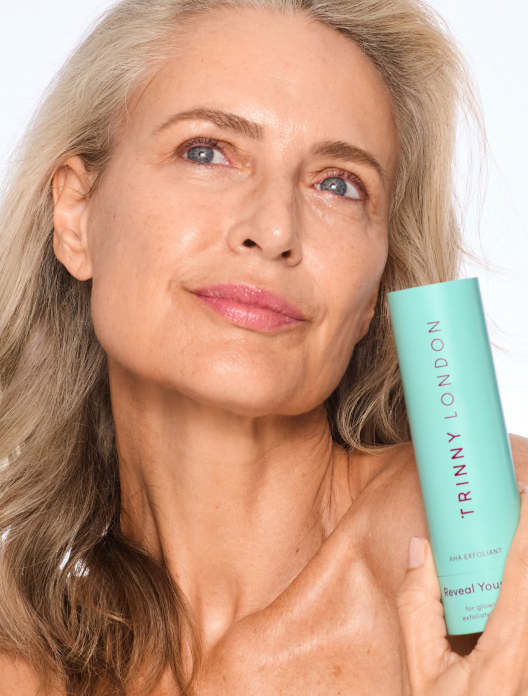
Highly active exfoliant for glowing skin, suitable for all skin types except sensitive
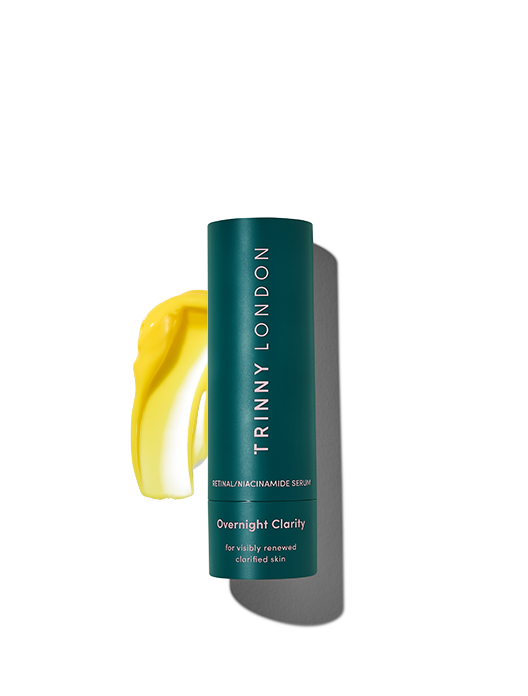
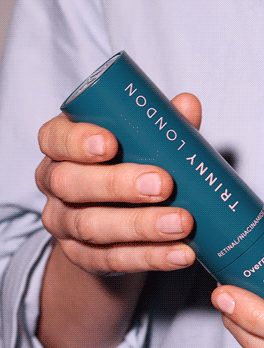
Retinal/niacinamide serum for visibly smooth, even skin, suitable for all skin types
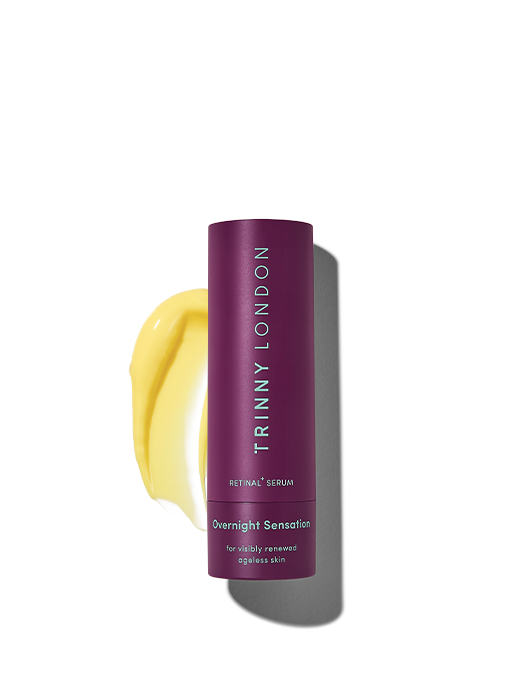
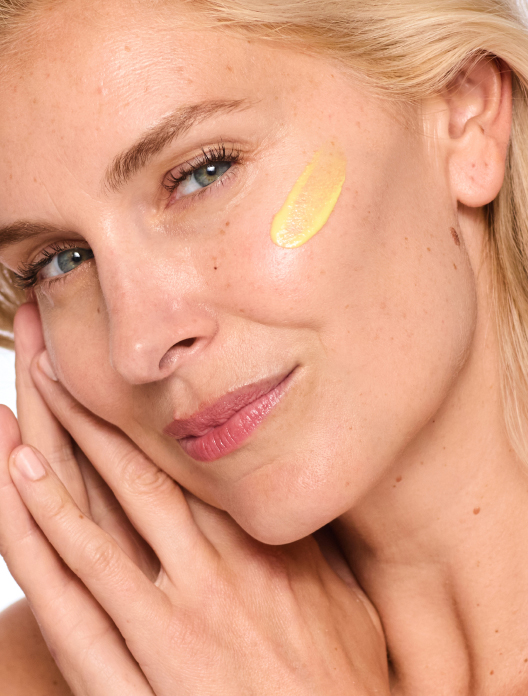
High-dose retinal serum for renewed, smooth skin, suitable for all skin types
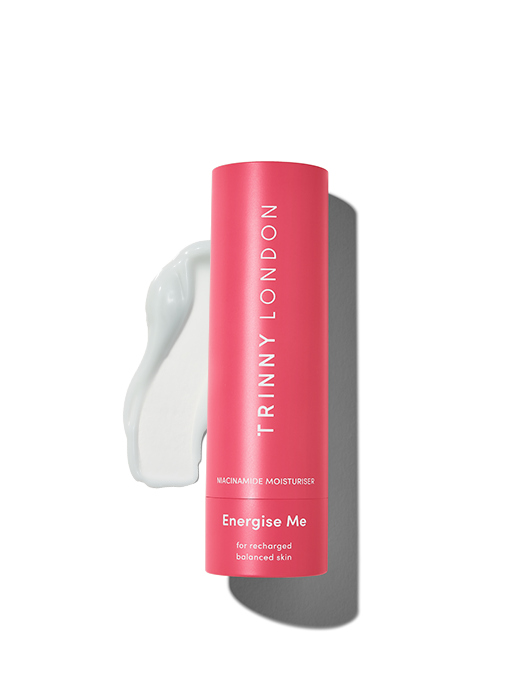
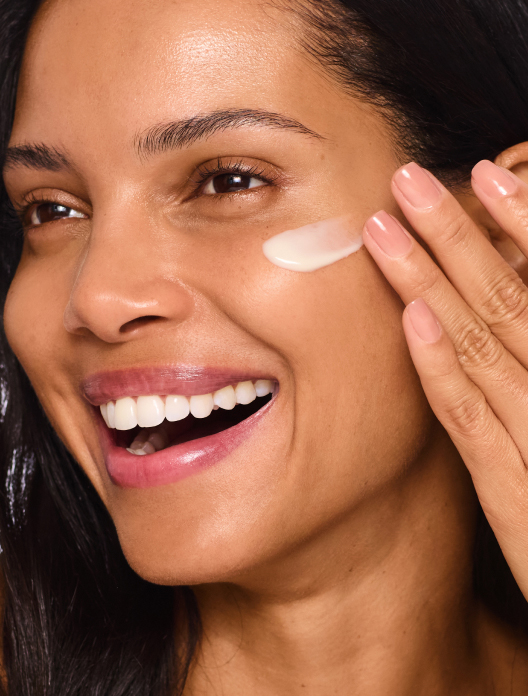
Niacinamide moisturiser for clear, energised skin, suitable for normal to oily skin